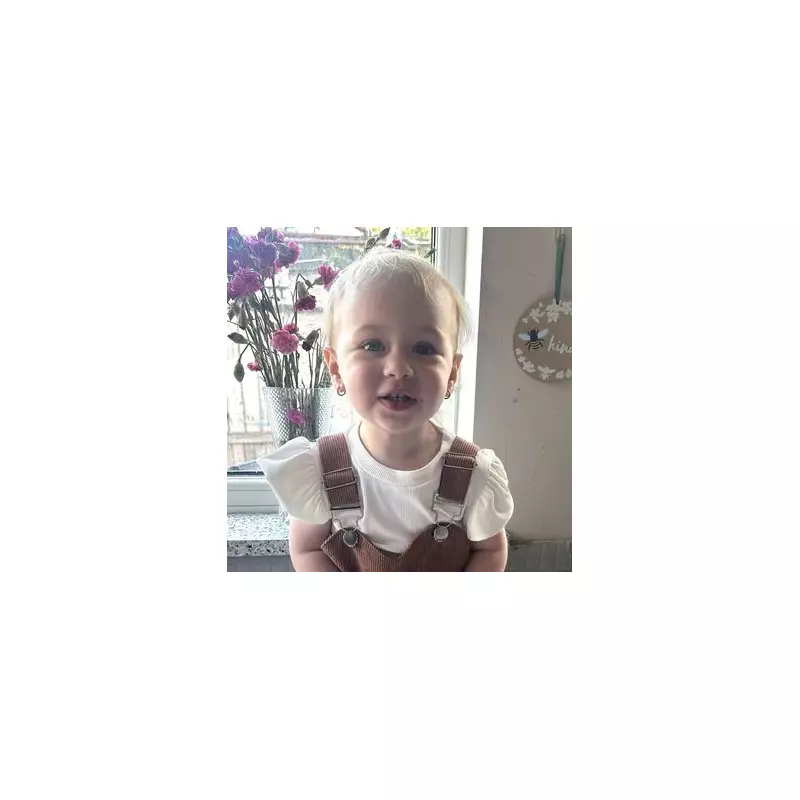
A UK mother has issued an urgent warning to parents after what she thought were simple teething pains in her 17-month-old son turned out to be a life-threatening case of sepsis.
Chloe Thompson, from Northamptonshire, watched in horror as her little boy, Arlo, rapidly deteriorated. His symptoms, initially dismissed as a reaction to teething, escalated into a medical emergency that required a frantic dash to the hospital and a week-long fight for his life.
The First Signs of Danger
It began with Arlo developing a high temperature and a distinctive rash. Like many parents, Chloe's first thought was teething. However, her maternal instincts soon told her something was terribly wrong. "He was just not himself," she recounted, describing his lethargy and distress.
The situation reached a critical point when Arlo suffered a terrifying seizure. This was the moment Chloe knew it was more than just a tooth coming in. Rushing him to A&E, she faced every parent's worst nightmare.
A Race Against Time
At the hospital, doctors delivered a shocking diagnosis: Arlo had sepsis, a deadly overreaction of the body to an infection, triggered by meningitis. His tiny body was shutting down. Medical staff acted swiftly, administering strong antibiotics and fluids to combat the infection that was attacking his organs.
Arlo was transferred to the paediatric intensive care unit (PICU), where he spent a week. Chloe and her family kept a agonising vigil by his bedside, praying for his recovery.
A Mother's Warning to Others
Miraculously, Arlo pulled through. Now back home, he is continuing his recovery, a happy little boy who has been given a second chance.
Chloe is sharing her family's traumatic story not for sympathy, but as a crucial public service. She wants to educate other parents about the subtle signs of sepsis, which can often be mistaken for less serious illnesses.
Key symptoms she urges parents to look out for include:
- A high temperature that doesn't subside
- Lethargy and being unusually sleepy or difficult to wake
- Cold hands and feet
- Mottled or blotchy skin, and a visible rash
- Rapid breathing
- Fits or convulsions
Her message is clear: "Trust your instincts. You know your child better than anyone. If you think something is wrong, seek medical help immediately. It's better to be safe than sorry—it could save your child's life."





